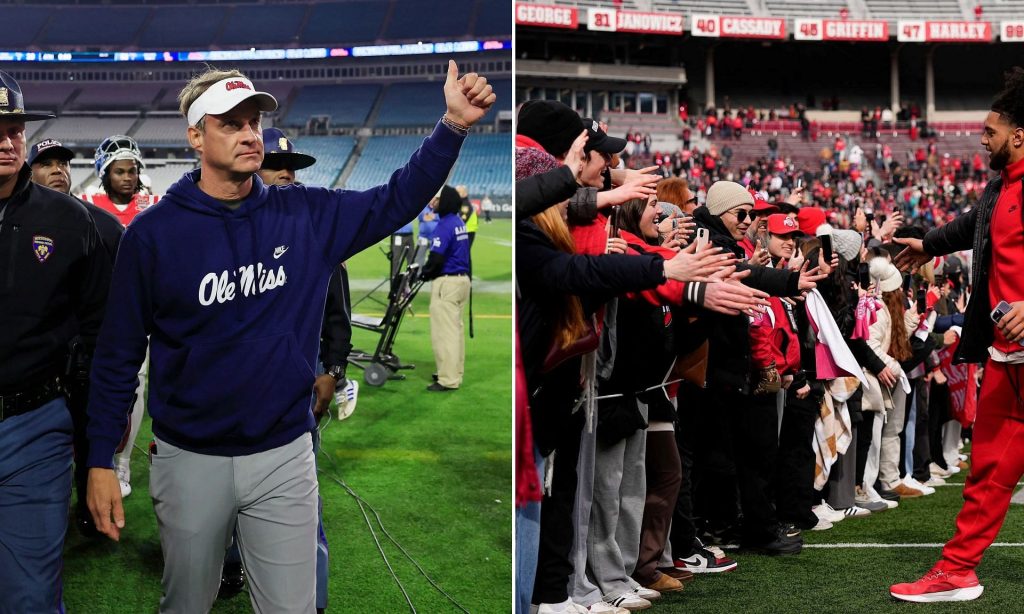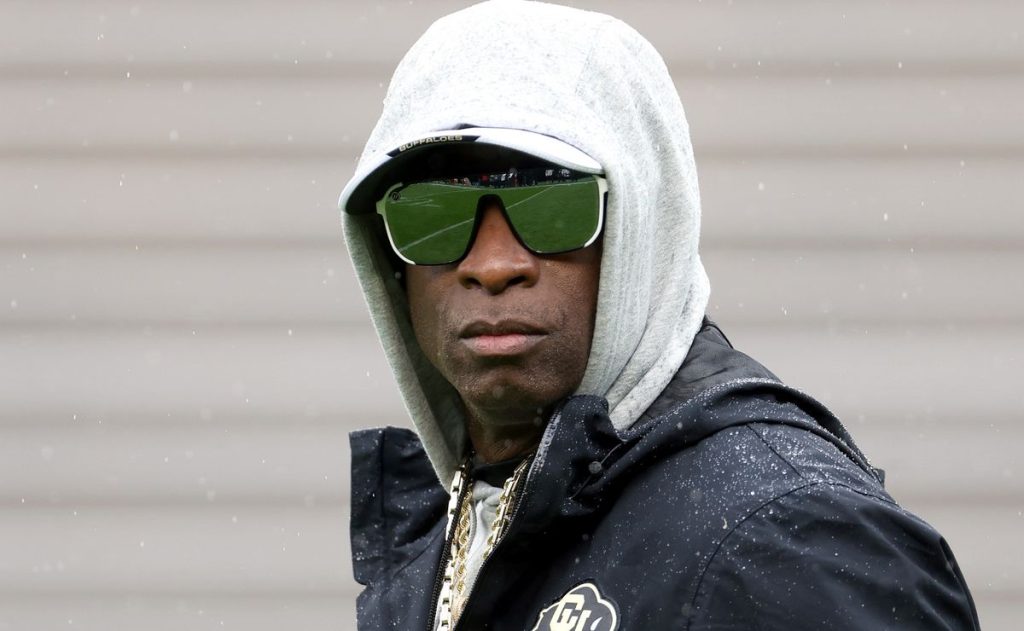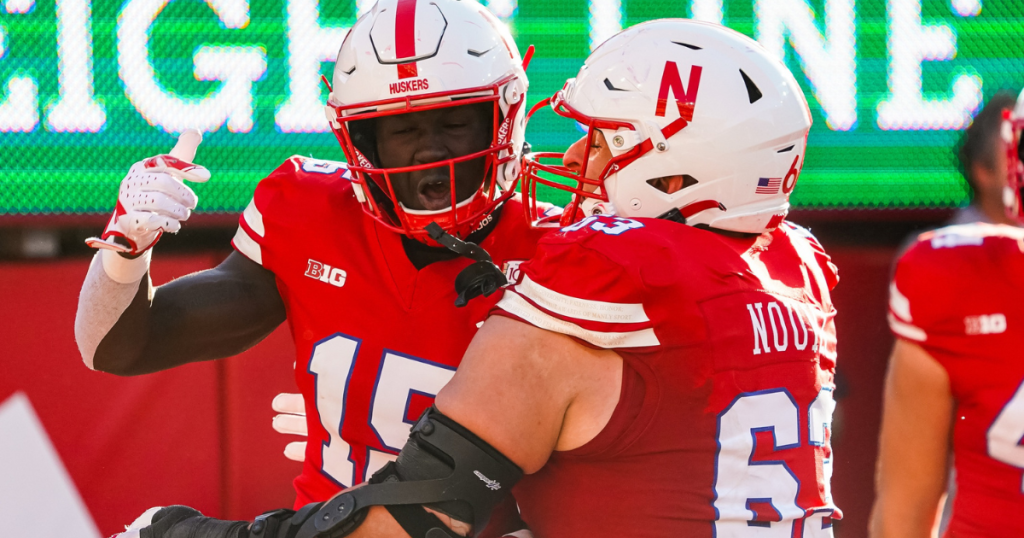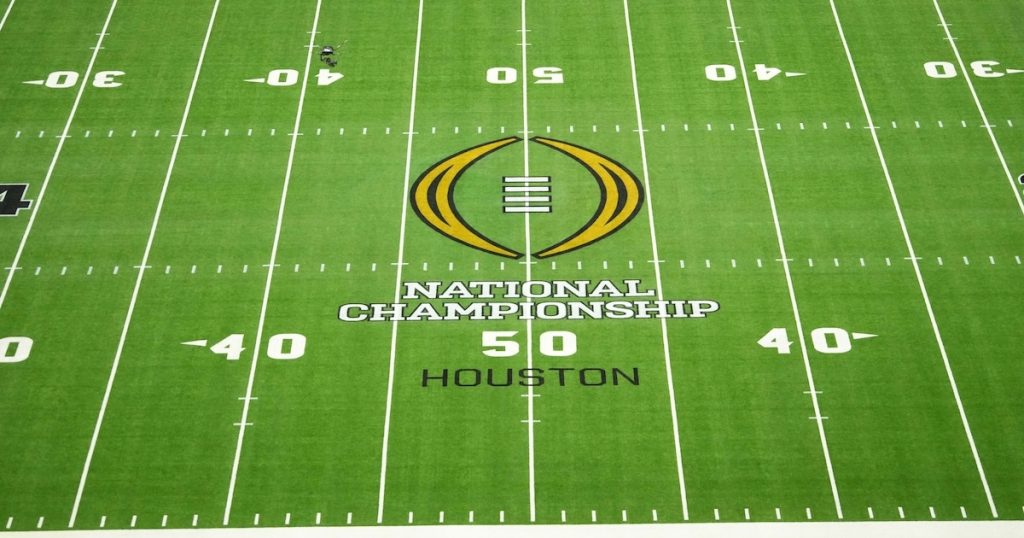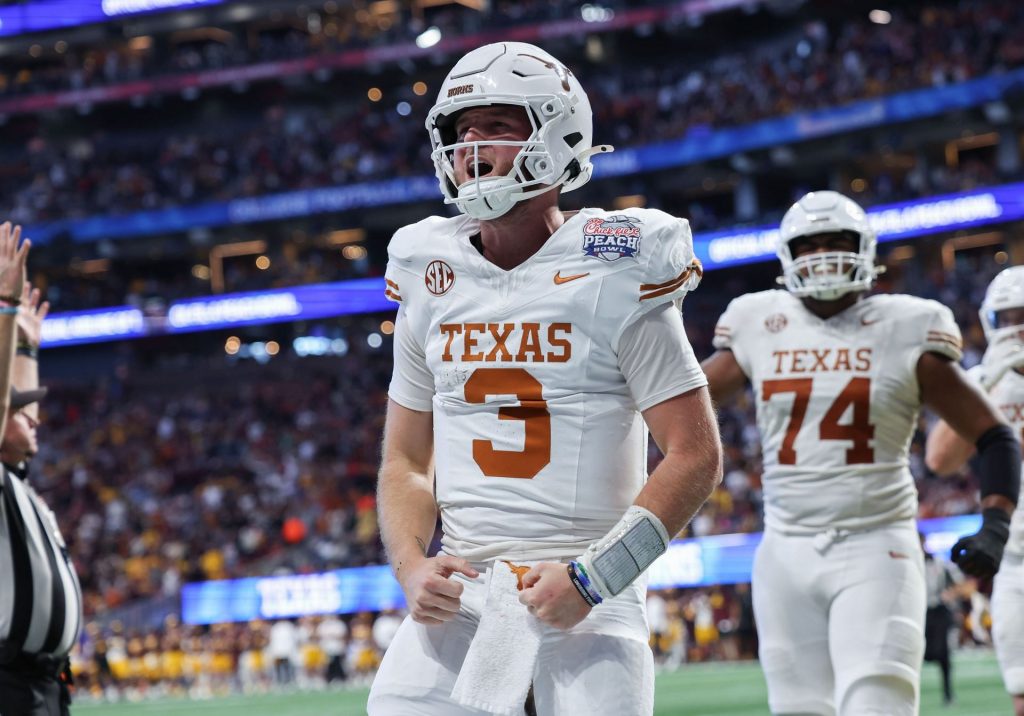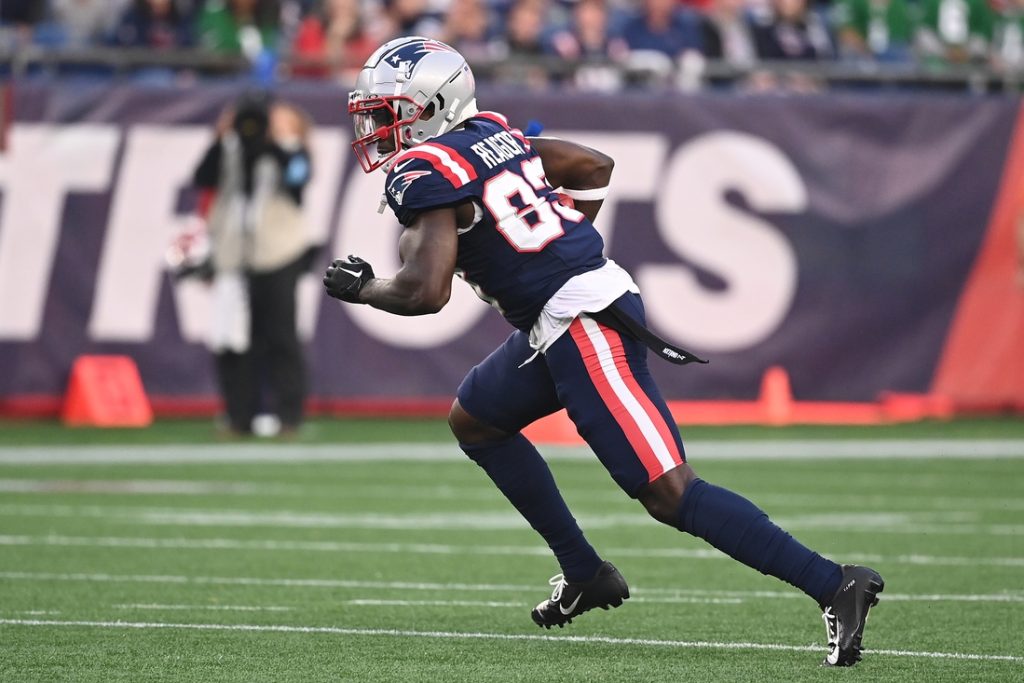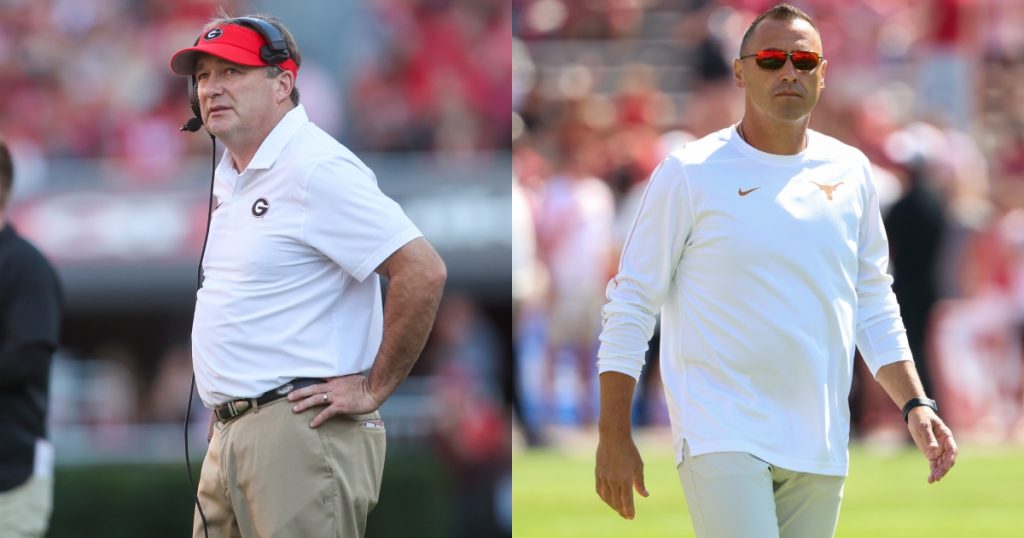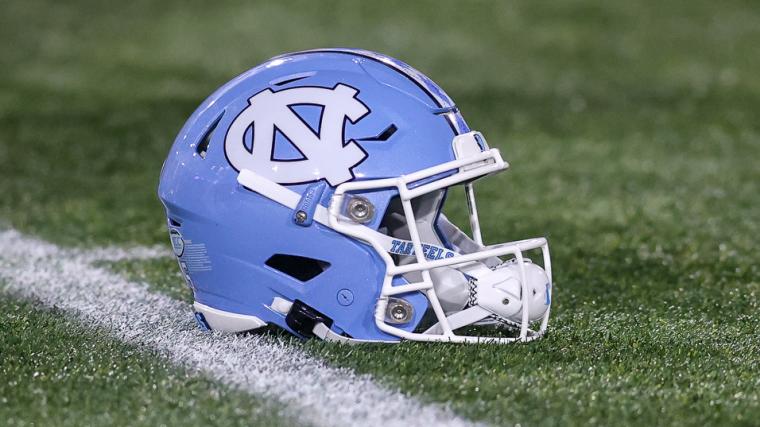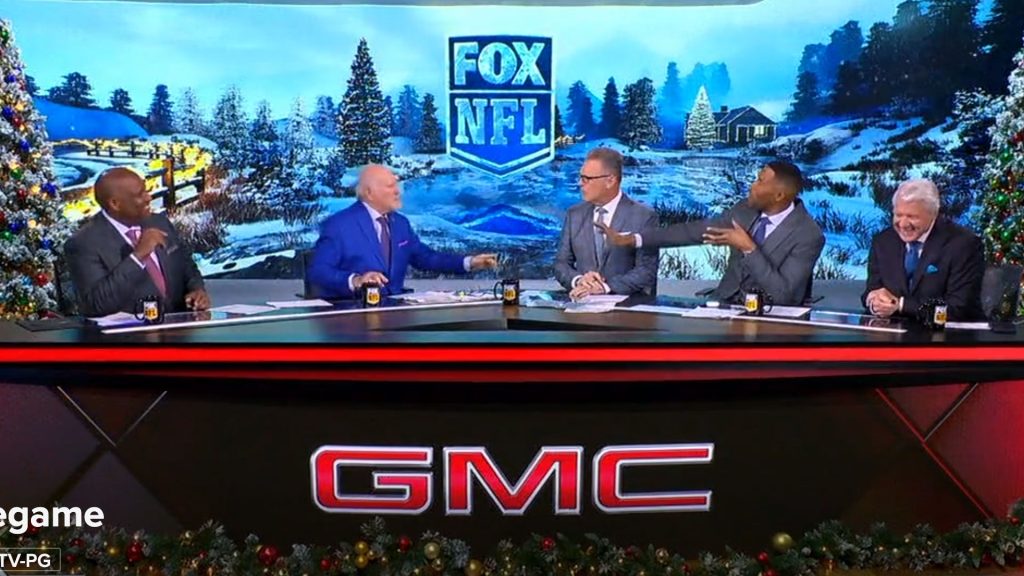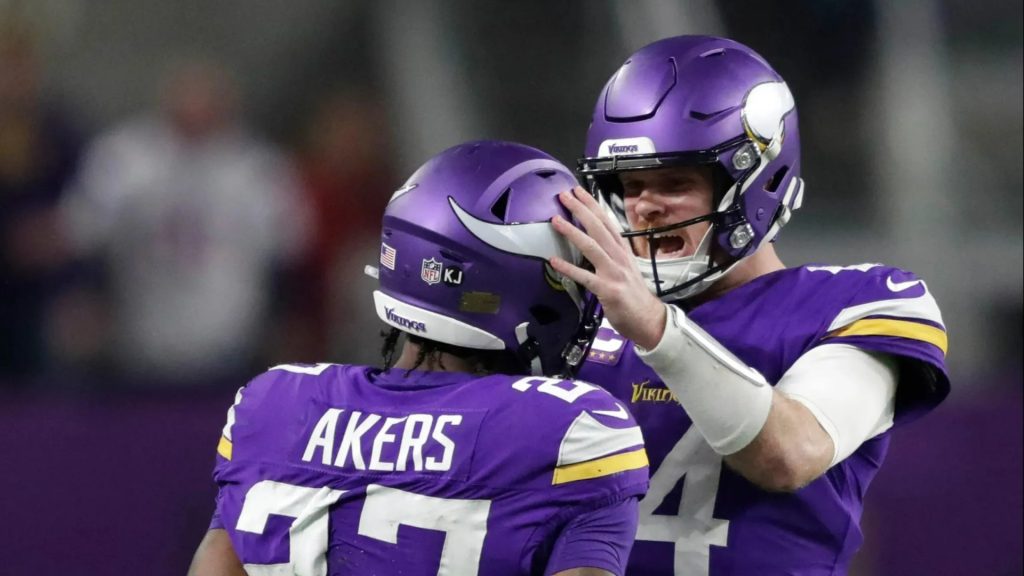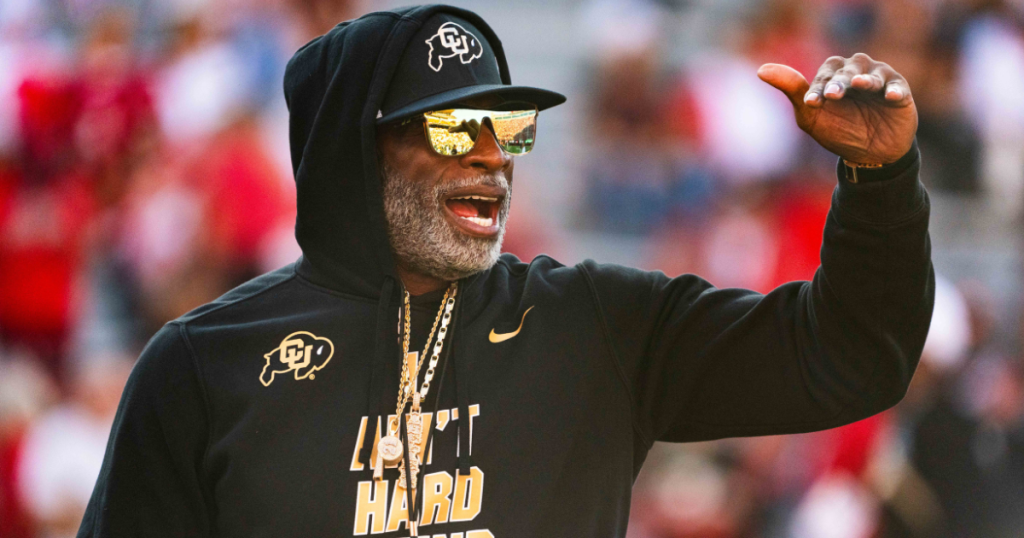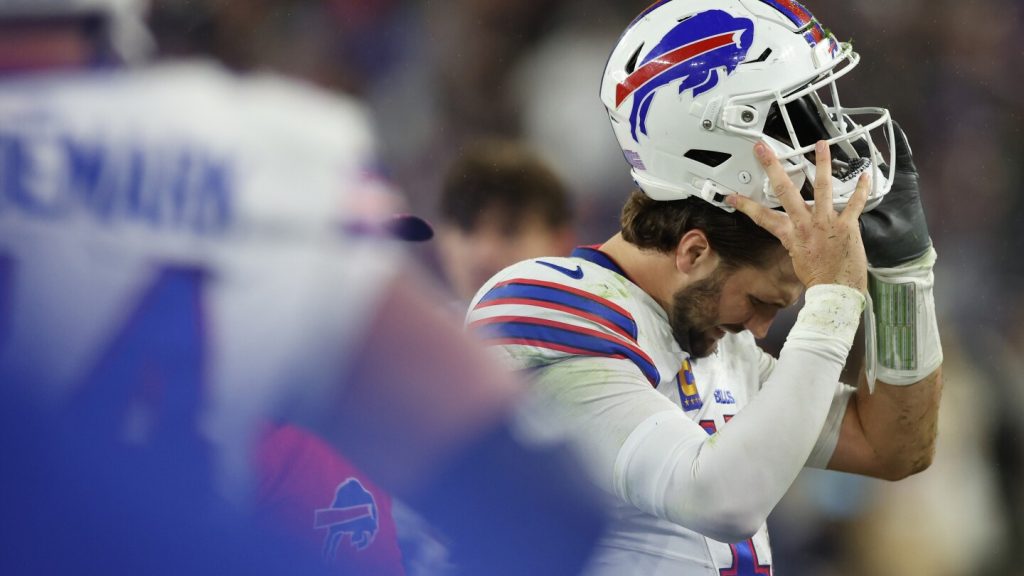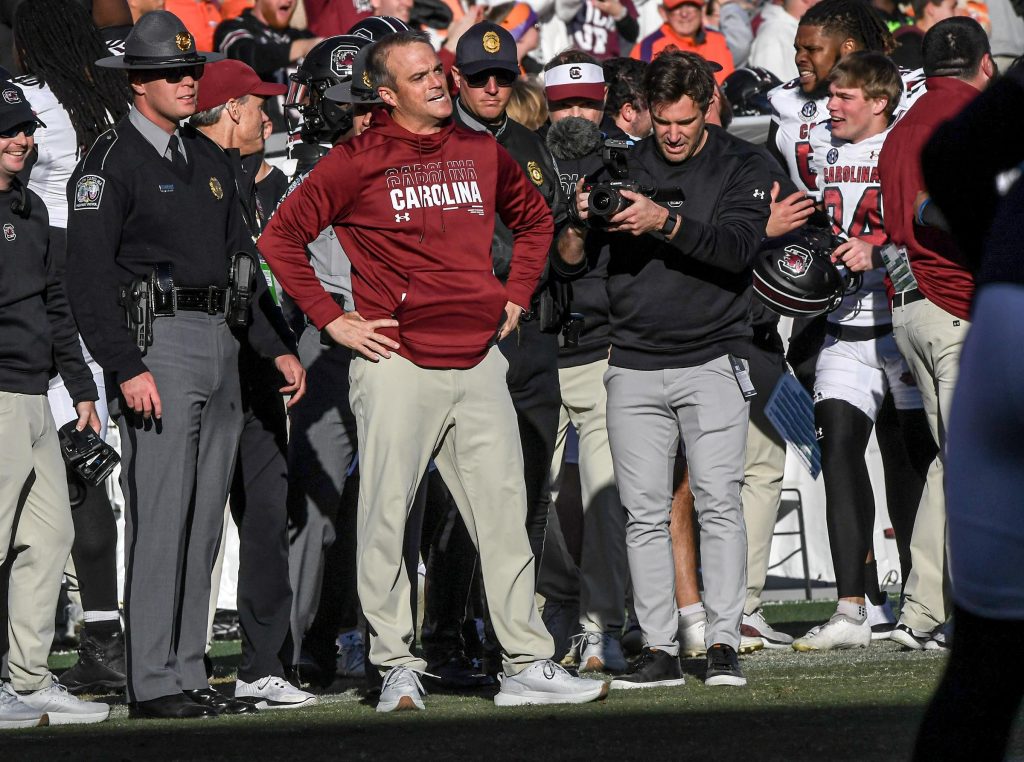Ole Miss head coach Lane Kiffin has made headlines with his candid remarks about the profound impact of Name, Image, and Likeness (NIL) deals and the transfer portal on college football. In a recent interview, Kiffin expressed his frustration with how these changes have shifted the focus of the sport from traditional recruiting to what he describes as “bidding wars.”
The Shift from Recruiting to Bidding Wars
“It’s not recruiting anymore,” Kiffin stated emphatically. “It’s just bidding wars now.” This statement encapsulates the growing concern among coaches about the new landscape of college football, where financial incentives often outweigh the traditional factors that once influenced a student-athlete’s choice of school. Kiffin lamented that players are now making decisions based on the allure of lucrative NIL deals rather than the quality of education or the culture of the program.
Kiffin’s comments highlight a significant transformation in the college football ecosystem. The NIL rule has opened the door for athletes to profit from endorsements and sponsorships, but it has also raised critical questions about the integrity of the sport. “We have a payroll in college football now,” he added, underscoring the reality that financial considerations are now at the forefront of recruitment.
NIL’s Impact on College Sports
The evolving NIL landscape has sparked concerns about a “free agency” system in college football. Players are increasingly transferring schools based on the highest NIL offers, which raises questions about loyalty and the long-term implications for team dynamics. As Kiffin pointed out, the shift has altered the foundation of college football, making it essential for stakeholders to navigate this new reality carefully.
Additionally, unresolved issues linger in the background, such as the employment status of student-athletes, potential antitrust challenges, and Title IX implications. The NCAA is grappling with how to maintain a balance between allowing athletes to benefit financially while preserving the essence of college athletics.
NCAA’s New NIL Reforms in College Football
In response to the rapidly changing landscape, the NCAA Division I Council has announced a series of reforms aimed at strengthening NIL protections for student-athletes. Set to take effect on August 1, 2024, these reforms include mandatory disclosure of NIL agreements worth $600 or more, which athletes must report to their schools within 30 days of signing. This move is designed to enhance transparency and ensure that all parties involved are aware of the financial arrangements being made.
Furthermore, the NCAA will implement a standardized NIL contract template to streamline agreements and provide ongoing education to student-athletes about NIL policies and best practices. This initiative aims to empower athletes with the knowledge they need to navigate this complex landscape effectively.
Increased School Involvement
The NCAA Division I Board of Directors has also directed the Council to propose new rules that would allow schools to support NIL activities more actively. Under the new guidelines, schools can facilitate NIL deals between student-athletes and third parties, although they cannot directly pay athletes for their NIL activities. This nuanced approach aims to maintain the integrity of college sports while adapting to the new financial realities.
Moreover, NIL entities that support a school’s athletic interests through compensation will be subject to clarified regulations. Schools and collectives will be allowed to communicate about enrolled student-athletes without restrictions, although direct funding from schools to collectives remains prohibited.
Federal-Level Conflicts
However, the NCAA’s reforms are not without controversy. A revised college sports bill introduced by Rep. Gus Bilirakis poses significant challenges, aiming to prohibit the NCAA, conferences, and schools from entering NIL deals with student-athletes. This legislation would require collectives to register and disclose all NIL deals and donor lists, adding another layer of complexity to the evolving landscape.
The proposed bill also seeks to grant the NCAA antitrust exemptions and clarify that college athletes cannot be classified as employees—two provisions the NCAA has long pursued. As these federal-level conflicts unfold, the future of NIL regulations remains uncertain.
Concerns Over Student-Athlete Well-Being
As the NCAA recently penalized Florida State University for NIL-related recruiting violations, the implications of these changes are becoming increasingly apparent. The improper inducement offer made by a collective to a potential transfer athlete raises questions about the ethical considerations surrounding NIL deals. As money becomes a driving force in college sports, concerns grow over whether these changes genuinely serve the best interests of student-athletes.
Moreover, the traditional aspects of college football, such as family attendance at games and the sense of community, may be at risk as financial considerations take precedence. How will these changes affect the culture of college football, and will they lead to a more transactional relationship between players and programs?
In this rapidly evolving landscape, it is crucial for all stakeholders—coaches, players, schools, and fans—to engage in meaningful discussions about the future of college football. The sport is at a crossroads, and the decisions made today will shape its trajectory for years to come. As we witness these changes unfold, one thing is clear: the heart and soul of college football are being tested like never before.

